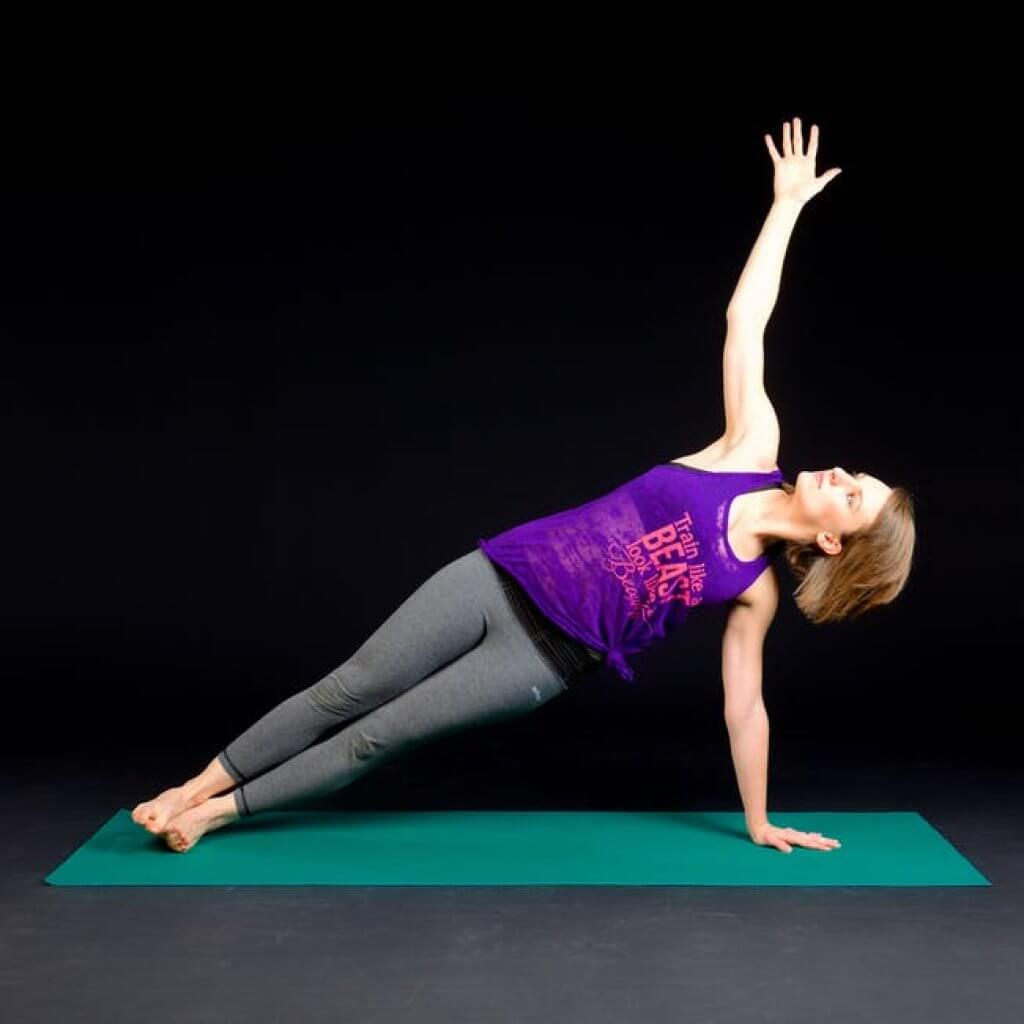5 Facts about Endurance Training

Endurance is something that can have a number of meanings to different people. For some, it might be struggling through the strains of day-to-day life with a smile on the face. For others, it could mean getting through a day of work that includes about three dozen tasks. For the world of fitness though, endurance means being able to push through your workout long and effectively enough to reach a successful finish. Particularly for running, this is a detail that shouldn’t be overlooked since long-distance runs can call for a good deal of endurance as you push one step at a time to their conclusions. Without proper endurance, you might find that you simply can’t make it to those conclusions, especially for the more hardcore marathons.
That’s where endurance training comes in, which is how you build up your ability to persevere through extended periods of exertion like you get with long-distance running. No matter what stage you’re in for your running, these training concepts could help you to withstand your run a little better and push a little farther—assuming you know enough about endurance training to embrace it!
It’s okay to start small.
This is one of the most important things to keep in mind for a beginner. Just like a new employee might have to train to get the hang of a job, you need to learn and adapt as you go in fitness, too. If you try to handle too much, too soon, you’re running the risk of injuries—which isn’t good!
Instead of trying to push yourself to build your endurance by running for a million or doing push-ups until your arms feel like jelly, start with something smaller—like shorter spanned workouts. Try for a series of push-ups, sit-ups, lunges, etc. in sets of fifteen or twenty, or whatever number you’re ready for. The point is to push yourself within reason and ease your way into those harder-to-accomplish tasks. Don’t beat yourself up over this choice either! It’s healthier for you, and you’re still working toward your goal of becoming a fantastic runner!

Short workouts can make an impact.
In addition to this strategy of not pushing yourself too far in your early sessions, keep in mind that even when you develop a good level of endurance, shorter workouts—15 or 20 minutes—can still be extremely useful. The reason for this can be two-fold. One, the important detail is how hard you’re pushing yourself rather than how long. Yes, the goal is to get to the point where you can survive those long runs and such, but smaller sessions of training can accomplish that kind of goal. It’s the concept behind HIIT, which stands for high-intensity interval training. Essentially, if you give yourself tasks that require sudden bursts of energy, the overall result could be impressive in regard to endurance and stamina.
These shorter workouts can also prove beneficial because they can add variety to your training. While repetition might lead to good form for a specific type of exercise, continuously doing the same workout day after day can become dull. To keep these sessions interesting—therefore increasing the odds of continued practice—try different methods of achieving those bursts of energy during these smaller workout sessions. Strategies like swimming can give you a break from the structured and repeated methods of push-ups, lunges, and squats.

Basically, don’t write off working out when you only have 20 minutes to spare or because you can’t stomach one more push-up this week! Spending that 20 minutes doing some other HIIT tactic can bring you closer to the endurance level you’re striving for!
You don’t need any equipment.
Okay, sure, if you decide to swim, you’ll need water to swim in! But if you don’t have the means or opportunity to use extra equipment, you can use your own body weight to build up your endurance. Logic backs up this concept if you give it a little thought. If you’re a 150-pound person, doing something that requires you to lift your own weight comes with 150 pounds to work with.
A plank, for instance, is you using your body to hold itself up, and the benefits are recurring as you continue to pursue your fitness goals. As you build up your muscle, you might find that your weight increases, and if that happens, you have more weight to use in these formats. Overall, you could be the only piece of equipment you need, and as you become stronger, you could have more weight to use for workouts.

Diet matters.
Your diet can matter even if you’re not involved in any specific exercise regimen, but when you’re doing something as strenuous as trying to build endurance, considering what you’re eating can be a good idea. For building muscles, think protein for their amino acids! For gaining the energy you’ll need to get through your workout, think carbohydrates! For keeping yourself healthy as your body goes through the stress of the workout, don’t neglect fruits and vegetables for their anti-oxidants! You stand your best chance at attaining a strong level of fitness by working toward it at the dinner table as well as the running track, so make the right food choices!

Little choices matter, too.
You’re not going to improve your endurance enough to run five miles by just walking the two-minute trip to your workplace or forcing yourself to use the stairs to get to a second-floor office. But those choices can still help! Not only are they—admittedly small—gestures to improve your fitness, they’re also habits that could lead to additional helpful habits. If you set your mind on a health-conscious way to get to work, you might find it easier to decide on a salad instead of a cheeseburger for lunch. Why? Because, believe it or not, fitness and health can be contagious in your own life, and something as teeny as using the stairs could eventually snowball into a healthy lifestyle. Don’t discourage yourself from these seemingly insignificant details! They’re smaller spurts of exercise, and they’re encouragement to push yourself for better endurance!

So if you want to finish that ultra marathon, but you don’t have the physical ability to run farther than your driveway, start building your endurance with these strategies—a healthy diet, a series of small workouts and decisions, and whatever equipment you have handy. Those choices could have you ready for that marathon over time if you truly commit to them!
Latest Articles
 Is Running on a Treadmill Easier Than Running Outside?Runners have their own preferences, whether it is treadmill running, running outside on the road, or exploring trails. So...
Is Running on a Treadmill Easier Than Running Outside?Runners have their own preferences, whether it is treadmill running, running outside on the road, or exploring trails. So... Is It OK to Use Trail Running Shoes on the Road?While trail running shoes can be used on roads, especially in situations where a runner encounters mixed terrains or pref...
Is It OK to Use Trail Running Shoes on the Road?While trail running shoes can be used on roads, especially in situations where a runner encounters mixed terrains or pref... How to Fix Sore Quads After Running?Rest, ice, gentle stretching, and over-the-counter pain relievers can help soothe sore quads after running. Also, ensure ...
How to Fix Sore Quads After Running?Rest, ice, gentle stretching, and over-the-counter pain relievers can help soothe sore quads after running. Also, ensure ... 10 Fruits With The Most Electrolytes to Replace Sports DrinksThese fruits are high in electrolytes such as potassium, magnesium, and calcium, essential for hydration, muscle function...
10 Fruits With The Most Electrolytes to Replace Sports DrinksThese fruits are high in electrolytes such as potassium, magnesium, and calcium, essential for hydration, muscle function...

